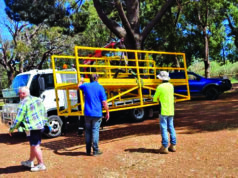In most Western Australian Courts, a legal costs order will be made in favour of the “winner”.
Where a costs order is made, there is a distinction between the costs the “winning” party has spent on their lawyer and the “party-party” costs, usually a lesser amount determined by a costs scale.
That scale is determined by the Legal Costs Committee, which regularly reviews legal costs in each of the different jurisdictions and publishes a Determination that sets out the maximum costs that a lawyer may charge unless the lawyer and the client enter into a costs agreement.
In the Family Court, the legislation provides that each party will pay their legal costs.
The legislation does permit the Court to make a costs order if “the Court is of the opinion that there are circumstances that justify it in doing so.”
When considering if there are circumstances which justify the making of a costs order, the Judicial Officer will consider, amongst other things, the parties’ financial circumstances, the parties’ conduct during the proceedings, a party’s failure to comply with an order of the Court, the terms of any offers made in writing and whether a party has been wholly unsuccessful.

Where the Court is satisfied that circumstances justify the making of a costs order, the Court may make a costs order on a party-party basis and on such terms and conditions as the Court thinks fit. In rare cases, the Court may make an indemnity costs order, where the party with the benefit of the order will have their whole legal costs paid by the other party.
Jude Keatley is a solicitor with JK Legal.














